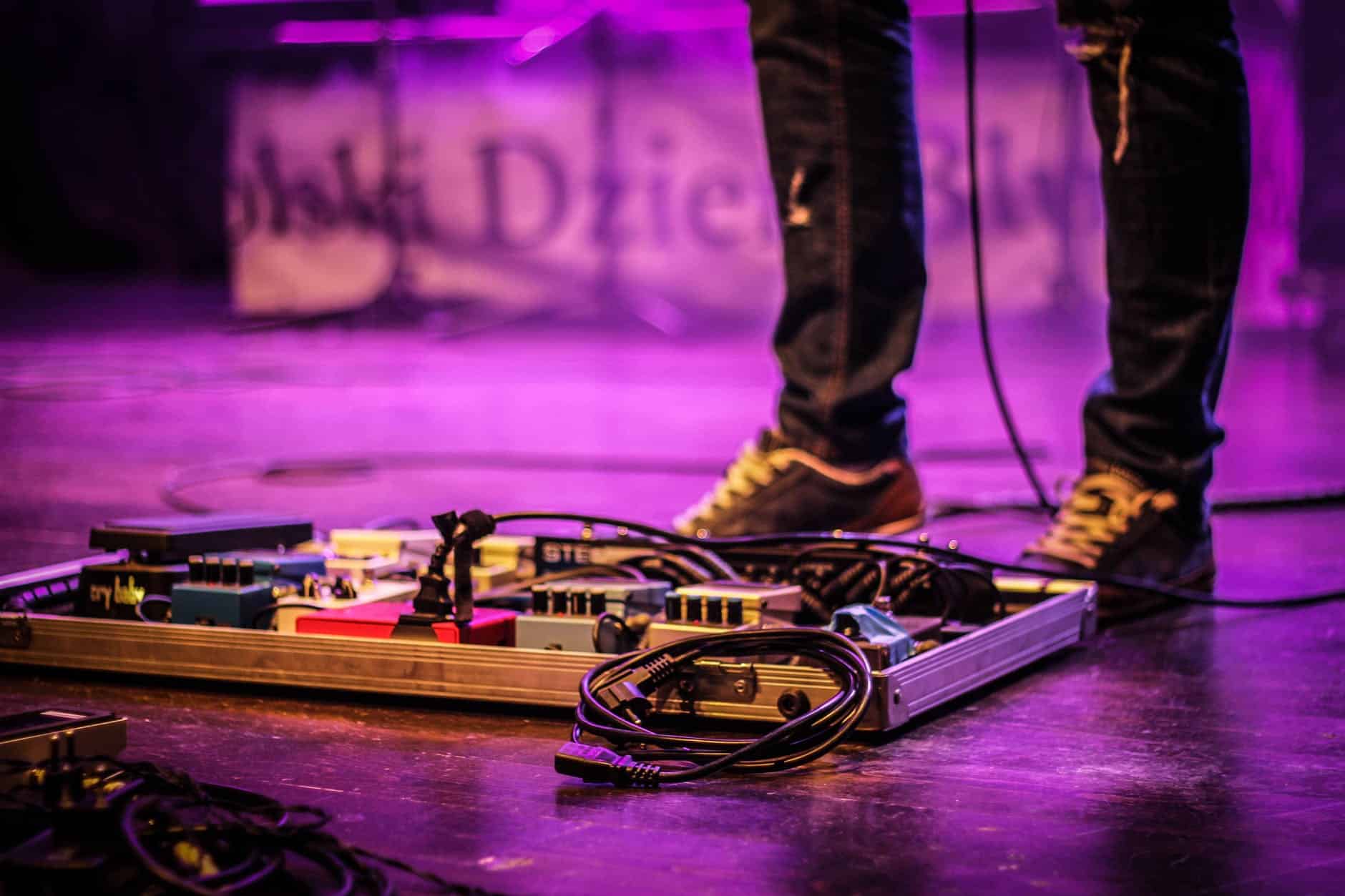If you’ve recently taken up electric guitar as a hobby, you may be feeling a bit overwhelmed. Taking on a new instrument can be an intimidating endeavour, and you may find yourself unsure of the best way to get started. Fear not! With the right tools and a bit of practice, you’ll be playing the electric guitar like a pro in no time. Make sure you have the right electric guitar for beginners before starting this adventure.
This blog post will provide some tips and tricks to help beginner electric guitarists get comfortable and start playing their favourite songs. Whether you’re a beginner just starting out or someone looking to brush up on their skills, these tips will give you an edge and help kick start your journey in becoming a master electric guitarist.
- Start with the basics
One of the most important tips for beginner electric guitarists is to start with the basics. Understanding the parts of the guitar, tuning methods, and simple strumming patterns lays the foundation for all other techniques. Regular practice is essential. Guitarists from Guitar Space shared: “One of the biggest mistakes guitar players make is not setting clear and realistic goals. Instead of vague ambitions like ‘getting better,’ break your goal into smaller, measurable steps. This way, you’ll see progress and stay motivated. Setting a guitar goal with defined steps can make all the difference in your learning journey.” Once you’ve mastered the basics, you can advance to learning chords, scales, and solos, building a solid skill set to play your favorite songs and create your own music.
- Understand guitar tuning
The standard modern tuning for the electric guitar is E-A-D-G-B-E from the low E string to the high E string. Properly tuning your guitar is an essential skill that you’ll need to master if you want to sound your best. It’s important to stay consistent with your tuning. If you don’t tune your guitar regularly, you’ll find that it can easily get out of tune. It’s also important to remember that different types of strings will require different amounts of tension to stay in tune. Make sure you know which type of strings your guitar has and how to properly adjust them.
- Learn to read tabs
Tabs are a type of notation that show you where to put your fingers on the fretboard, what strings to play, and when to play them. Tabs are incredibly helpful when you’re learning a new song and they can save you a lot of time and frustration. To get started with reading tabs, find a good resource online or in a book and practice reading and playing tabs from there. With enough practice, you’ll soon become a tab-reading pro!
- Listen and emulate your favourite guitarists
Not only will you be able to pick up on the techniques and nuances of the style, but you’ll also be able to apply those skills to your own playing. You should pay attention to everything from the way the guitarist picks to how they move around the fretboard. Doing so can give you an idea of how to achieve a certain sound or technique and help you develop your own style.
- Practice with a metronome
This tool is essential for helping you keep time and build speed, accuracy and consistency. Practicing with a metronome will also help you develop better ear training, as it will force you to hear different rhythms and note sequences. It’s easy to use a metronome – just set it to a certain tempo, and then keep the beats with your playing. Doing this regularly will help you become a better guitarist in no time!
Conclusion
The process of electric guitar playing when new, is a fun and rewarding hobby. It will take practice, dedication, and patience to learn the basics and build on your skills. Start with playing simple scales and chords, and work on developing your sense of rhythm and timing. As you progress, incorporate new techniques, such as tapping and sweep picking, to take your playing to the next level. With these tips, you’ll be ready to rock out in no time!






